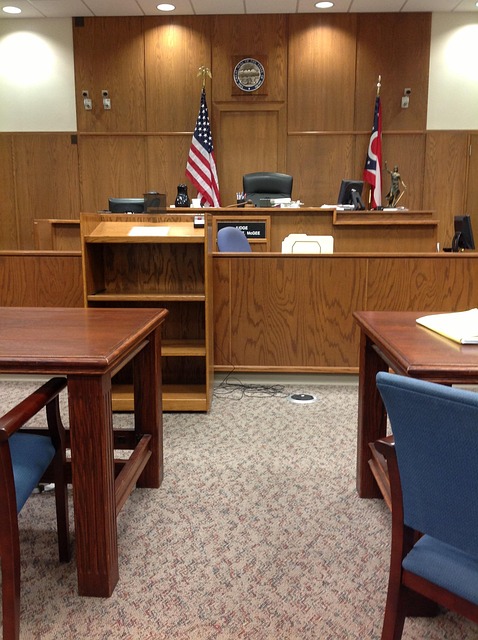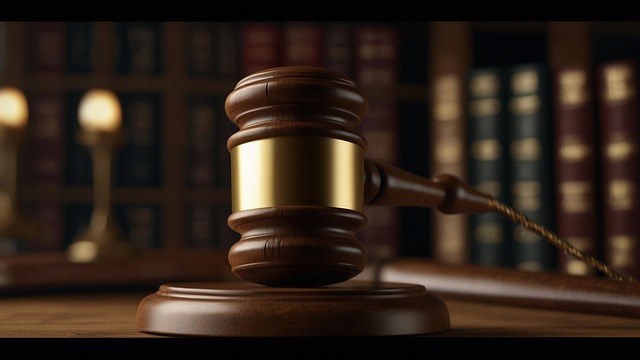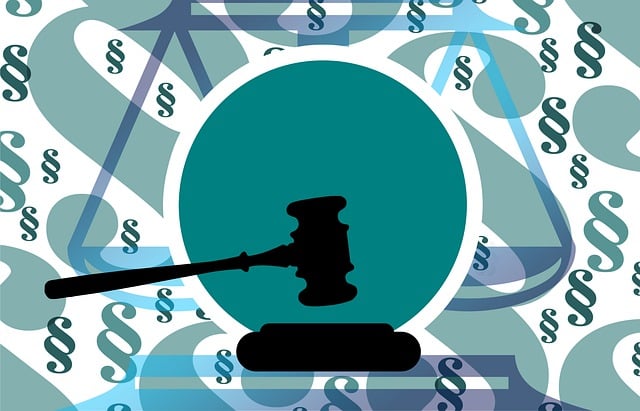Joining a class action lawsuit involves understanding Criminal Law Enforcement processes and seeking legal expertise. Steps include identifying a qualifying case, gathering evidence, filing a complaint, serving the defendant, and navigating complex procedural stages. Success can lead to significant financial settlements, accountability for wrongdoers, and broader community impacts through enhanced governance and philanthropy.
Criminal law enforcement is a complex field, where understanding the basics is crucial for anyone considering legal action. This article guides you through essential aspects of criminal law, focusing on class action suits. We explore eligibility criteria, the role of legal professionals, and provide a comprehensive overview of the case filing process. Additionally, we offer a practical step-by-step guide on how to join a class action lawsuit, empowering individuals to navigate this powerful legal tool effectively.
- Understanding Criminal Law Enforcement Basics
- Eligibility Criteria for Class Action Suits
- The Role of Legal Professionals in Class Actions
- Navigating Case Filing and Procedural Steps
- Steps to Join: A Practical Guide
Understanding Criminal Law Enforcement Basics

Criminal Law Enforcement is a complex system designed to uphold societal norms and ensure justice. At its core, it involves a series of processes that begin with the investigation of crimes by law enforcement agencies. These agencies, including police departments and federal bureaus, gather evidence, interrogate suspects, and document crucial details to build strong cases. The goal is not merely to arrest individuals but also to gather sufficient proof for successful prosecutions.
Understanding this system is essential, especially when considering steps to join a class action lawsuit. Such lawsuits are powerful tools for seeking justice on a larger scale, often involving numerous plaintiffs with shared grievances against a defendant or entity. By joining a class action, individuals can collectively assert their rights and seek compensation for harm caused by a particular act or practice. This collective approach leverages the expertise of general criminal defense attorneys and the potential for substantial financial settlements, benefitting both the affected individuals and the philanthropic and political communities through increased accountability and deterrence.
Eligibility Criteria for Class Action Suits

Class action lawsuits are a powerful tool for individuals who have suffered harm due to a common issue or event. To be part of such a lawsuit, certain eligibility criteria must be met. First and foremost, plaintiffs must share a common interest in the legal matter at hand. This could be because they were all victims of the same crime or company’s misconduct, ensuring their claims are interconnected. The ability to demonstrate this shared interest is crucial for joining a class action.
The steps to become involved in a class action lawsuit involve keeping an eye out for relevant notices and filing a claim within the specified time frame. It’s essential to review the complaint carefully and ensure your circumstances align with the case’s criteria. If you meet the eligibility requirements, which often include damage thresholds and geographical limitations, you can opt-in by submitting a form or contacting the lead counsel. Understanding all stages of the investigative and enforcement process is key, as it helps individuals navigate their rights while avoiding indictment and potentially lengthy jury trials.
The Role of Legal Professionals in Class Actions

Legal professionals play a pivotal role in class actions, a powerful legal tool that allows individuals with similar grievances to band together and take on powerful entities. When considering joining a class action lawsuit, understanding your rights and the steps involved is crucial. The process begins with identifying a qualifying case; these often involve consumer protection, securities fraud, or other areas where many people have been harmed by a single action. Once identified, potential plaintiffs must opt-in to the class, a decision that determines their eligibility to participate in the lawsuit.
Attorneys specializing in class actions work tirelessly to build a strong case, leveraging an unprecedented track record and deep knowledge of white collar defense strategies for his clients. They navigate complex legal landscapes, ensuring every member of the class receives fair compensation or justice. This collective approach not only amplifies individual voices but also creates a powerful force against wrongdoers, often resulting in significant settlements that benefit everyone involved.
Navigating Case Filing and Procedural Steps

Navigating Case Filing involves understanding the initial steps to join a class action lawsuit, where potential plaintiffs come together to take on a common defendant. This process begins with identifying the legal basis for the claim and gathering evidence supporting the alleged wrongdoings. Once a strong case is established, plaintiffs file a complaint with the court, outlining the details of the dispute. The defendant is then served with this document, marking the official start of litigation.
The procedural steps that follow can be intricate, involving various hearings, motions, and potential negotiations. In high-stakes cases, where the consequences are significant, understanding each step is crucial. From filing responses to defending against demurs or motions to dismiss, plaintiffs must carefully navigate these stages to ensure their case has a chance at success, especially if it progresses to jury trials.
Steps to Join: A Practical Guide

Joining a class action lawsuit is a complex process that requires careful navigation through legal procedures. Potential plaintiffs must first identify the relevant case—whether it involves corporate misconduct, consumer rights violations, or other wrongdoings affecting a large group of individuals. This initial step is crucial as it dictates the path forward. Once identified, interested parties should gather evidence and consult with experienced attorneys who specialize in class action litigation. Legal experts will assess the strength of the case and guide prospective plaintiffs on whether to proceed.
The process involves several key stages. First, a petition or complaint is filed with the court, outlining the claims and seeking approval for representation by legal counsel. If approved, a notice is distributed to potential class members, providing them with information about the lawsuit and their rights. Subsequent steps include discovery, where both sides exchange relevant documents and evidence, followed by negotiations or trial proceedings. In high-stakes cases involving prominent corporations or significant social issues, these lawsuits can have profound impacts on not just the defendants but also corporate and individual clients, as well as philanthropic and political communities.
Criminal law enforcement involves a complex interplay of legal procedures, professional ethics, and public service. By understanding the basics, eligibility criteria, and the specific roles played by legal professionals in class action suits, individuals can better navigate these cases. The steps to join a class action lawsuit are detailed throughout this guide, providing a practical roadmap for those seeking collective justice. Remember that, while these steps offer a general framework, consulting with an experienced legal professional is crucial for ensuring compliance with local regulations and the best possible outcome.






